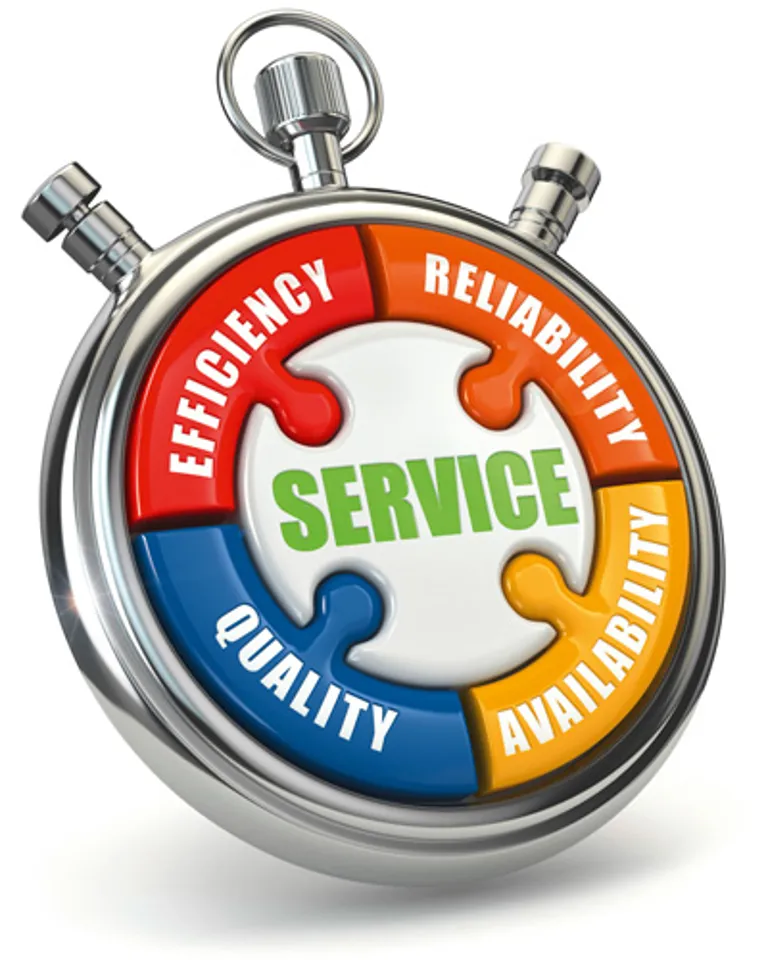By Tom Seymour
Dealers wishing to adopt Lean thinking processes should measure their ability to deliver right first time, on time, every time at the lowest cost to the business. However, many dealers are measuring the wrong things to achieve this, John Kiff and Piers Trenear-Thomas, Lean coaches from the Lean Enterprise Academy, told delegates at the inaugural AM Aftersales Executive Breakfast Club.
The core idea behind lean thinking is to maximise customer value while minimising waste. A lean organisation understands customer value and focuses its key processes to continuously increase it. The ultimate goal is to provide perfect value to the customer through a perfect value creation process that has zero waste by optimising the flow of products and services through entire value streams.
 |
|
 |
|
|
John Kiff, above, and Piers Trenear-Thomas, Lean |
|
 |
|
|
The next AM Aftersales Executive Breakfast Club will take place on November 20 at Hanbury Manor, Hertfordshire. Attendance is exclusive to senior dealer group executives. To book your place, contact |
To achieve this, said Kiff and Trenear-Thomas, dealers must investigate all departmental links in their workshop (see the illustration on the next page).
A dealer’s service and parts department is a complex machine with more than 40 opportunities, between a customer booking and getting their car back, for something to go wrong. Or as Lean dealers should look at it – 40 chances to fine tune their processes to eliminate waste.
Increasing capacity without increasing headcount
Applying Lean thinking produced a result of 200% efficiency across a range of service jobs at one dealer the Lean Academy has been working with. By eliminating waste, that business’s service bays increased capacity by 38% without increasing headcount.
Trenear-Thomas said: “We have demonstrated that if you can deliver a service which is right first time, on time, every time, the financials of the business will take care of themselves.” Dealer aftersales managers and teams need to treat each function within each department as an internal customer and find where there is waste in each of those 40 opportunities. This requires each staff member in each department of the workshop to review how they are performing for each other at every stage.
Trenear-Thomas said this could take just five minutes each day to review what does or does not go right, with a longer follow-up weekly to set in place improvements. Measurements from department to department need to be specific. Bookings and pick-up times need to be to the minute, as do parts delivery times, valet completion times, email response times.
This requires staff to put their own performances in the spotlight, but it should not be seen as an opportunity for public humiliation.
Trenear-Thomas said: “If Lean thinking is communicated correctly, staff will realise this will make their jobs easier, improving behaviour between staff members throughout the business. Staff stop blaming others for ‘problems’ but instead co-operatively look for improvements.”
‘Aftersales departments should be calm and collected’
Both coaches believe the repair and the valet of the car are the most essential outputs for dealers to address when looking at their aftersales process – is it fixed and is it clean?
“It doesn’t matter how nice the service adviser is, if the car is not fixed and it’s not clean, the customer hasn’t got what they paid for,” said Trenear-Thomas.
















Darren Williams - 12/09/2014 15:46
The Lean Thinking Enterprise has some very valuable views on how to profitise (if that's a word!) a motor business. In the past I've really enjoyed their views.